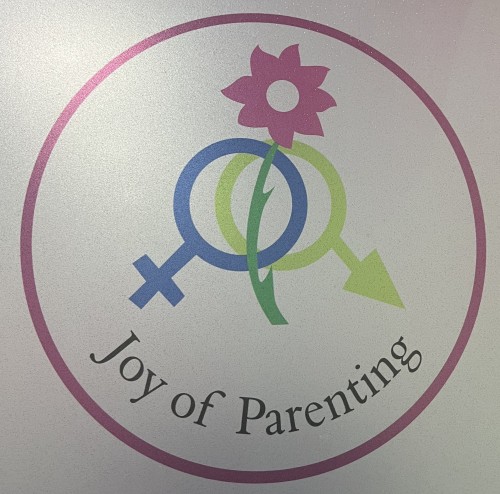What Are Irregular Periods?
Irregular periods mean your menstrual cycle does not follow a set pattern. Usually, a cycle lasts about 28 days. However, some women may have cycles that are shorter or longer. Sometimes, periods may come early, late, or even skip a month. Because of this, it can be hard to predict when your next period will start. According to the World Health Organization (WHO), a cycle is considered irregular if it varies by more than seven days each month.
How Do Irregular Periods Affect Fertility?
Many women wonder, “Can irregular periods affect fertility?” The answer is yes, they can. Regular periods often mean your body is ovulating each month. Ovulation is when your ovary releases an egg. If you do not ovulate, it is harder to get pregnant. Irregular cycles can make it tough to know when you are most fertile. As a result, timing intercourse for conception becomes more difficult. In some cases, irregular periods may signal a health issue that affects fertility, such as polycystic ovary syndrome (PCOS).
Common Causes of Irregular Periods
There are several reasons why periods may become irregular. Some causes are temporary, while others may need medical care. For example, stress or sudden weight changes can disrupt your cycle. Additionally, certain health conditions can play a role.
Because these causes vary, it is important to find out what is affecting your cycle.
Diagnosis: When to Seek Medical Advice
Sometimes, irregular periods are not a cause for concern. However, you should see a doctor if:
Early diagnosis can help find the cause and guide treatment. According to the Centers for Disease Control and Prevention (CDC), timely care can improve fertility outcomes.
Treatment Options and Lifestyle Tips
Treatment depends on the cause of your irregular periods. Sometimes, simple lifestyle changes can help. Other times, medication or medical procedures may be needed. Your doctor will suggest the best plan for you. Here are some helpful tips:
For some women, treating underlying health issues can restore regular cycles and improve fertility.
Prevention and Fertility Support
While not all causes of irregular periods can be prevented, some steps may help support regular cycles and fertility. For instance, regular check-ups with your gynecologist can catch problems early. In addition, making healthy lifestyle choices can keep your hormones balanced. If you are planning to conceive, consider these tips:
Remember, support is available. Many women with irregular periods go on to have healthy pregnancies with the right care.
Consult a gynecologist for personalized advice if you have concerns about irregular periods and fertility.


